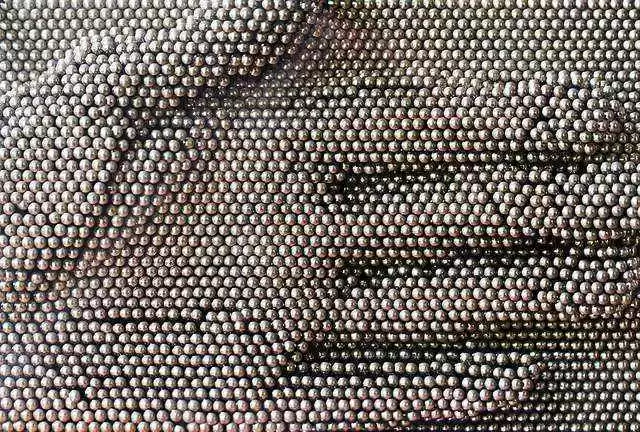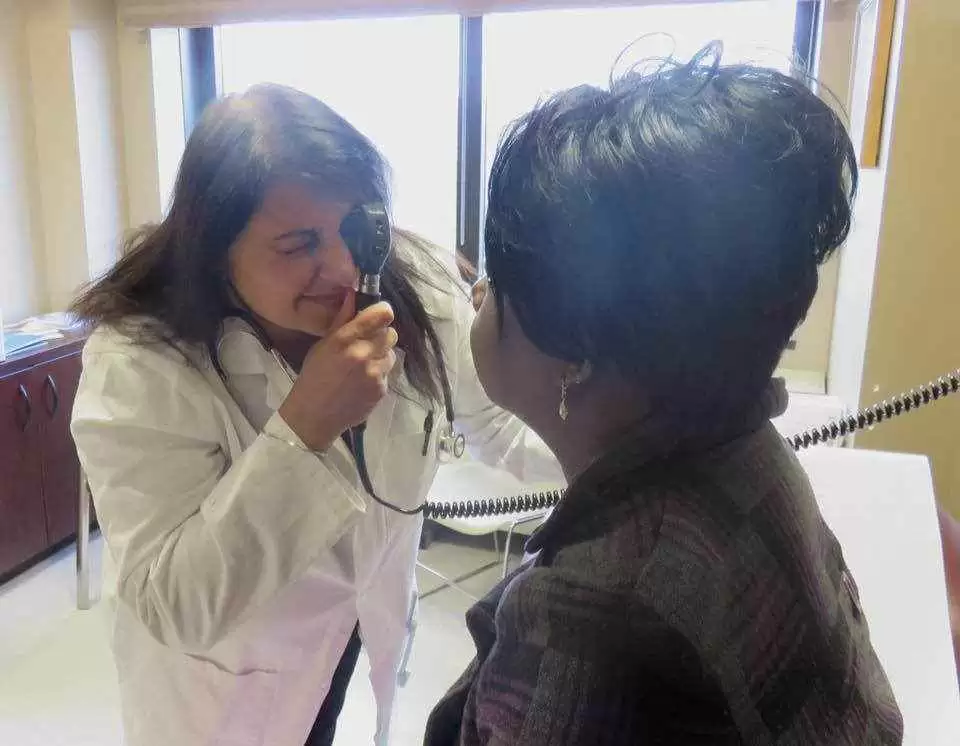
Celiac.com 12/06/2016 - Neurological problems are a very common effect of gluten intolerance. Whether you have celiac disease or gluten sensitivity, there is research showing that gluten can cause nervous system problems in affected individuals.
What kind of problems? When it comes to the nervous system, symptoms run the gamut from depression to schizophrenia, from migraines to brain fog, and from seizures to numbness and pain.
Celiac.com Sponsor (A12):
I want to share more information with you about a particular type of nervous system ailment called peripheral neuropathy. The name basically means damage to the nerves of the extremities (arms and legs) that typically manifests in numbness and pins and needles-type pain that all of us have experienced at one time or another if we sat on our feet too long or fell asleep in a weird position and had a hand ‘go to sleep'. While these latter type incidents are normal, having such symptoms occur when no pressure is being put on the nerve is abnormal.
Not only is it uncomfortable to have such sensations, but when truly numb, accidents from tripping or burning oneself can occur due to not having adequate sensation.
I think it is interesting to note that the most common occurrence of peripheral neuropathy is seen in type I diabetes, an autoimmune disease. Celiac is also an autoimmune disease and according to the University of Chicago's Center for Peripheral Neuropathy, 10% of those diagnosed with celiac disease have a neurological problem, and peripheral neuropathy is quite common.
Taking it a step further, we know that gluten creates a leaky gut and we know that a leaky gut is associated with autoimmune disease, through several wonderful studies brought to us by Dr. Alessio Fasano and his team. Therefore, seeing a connection between gluten and peripheral neuropathy is not unexpected based on research.
Further, despite a dearth, or scarcity, of research on gluten sensitivity, doctors currently engaged in such research cite peripheral neuropathy as one of the most common symptoms associated with gluten sensitivity. In fact neurological symptoms are frequently associated with gluten sensitivity before any digestive symptoms ever develop. And in some cases, the nervous system disorders are present with no digestive disturbances. A lack of any digestive symptoms is perhaps one of many reasons why these individuals' gluten sensitivity is missed by their doctors.
When it comes to comparing gluten sensitivity to celiac disease, according to Dr Fasano, 30% of the patients he diagnoses with gluten sensitivity suffer a neurological ailment, a much higher percentage than that associated with celiac disease.
How Do You Know if You Have Peripheral Neuropathy?
The symptoms of peripheral neuropathy are numbness, a feeling of hot/cold or a pins and needles feeling that tends to start at the ends of your body's long nerves, meaning your feet and hands, before moving upwards. The symptoms can be in legs and/or arms, right side and/or left.
Certainly, considering that type 1 diabetes is the most common cause of peripheral neuropathy, with an estimated 50% suffering some type of nerve damage, that would be the first thing to rule out.
What Should You Do?
If you have these symptoms and your doctor has ruled out diabetes and any other obvious sources of the problem (including any drugs you may be taking that create neuropathy as side effects), you may fit into the category of "idiopathic neuropathy". This means that you have the problem but the reason is unknown. Or is it?
Let's look at the result of a study where researchers worked with more than 200 individuals with neuropathy, 140 of whom fell within the ‘idiopathic' category. These smart doctors tested those 140 people for antibodies to gluten, specifically utilizing the anti-gliadin antibody test – AGA-IgA and AGA-IgG. This blood test is a general blood test that is not specific to celiac disease or gluten sensitivity, but shows that the body's immune system is reacting negatively to these proteins in gluten called gliadin.
Of those tested, 34% were positive to one or both tests, compared to 12% of the general population. Interestingly, a full 9% of those tested in the ‘idiopathic' group actually had celiac disease, compared to 1% of the general population. And perhaps even more interesting, 80% of that same idiopathic group had the genes for celiac disease, either HLA-DQ2 or HLA-DQ8. 80%!! In the normal population that number is about 40%.
Our takeaway message is that peripheral neuropathy has a rather high correlation to immune reaction to gluten – be it celiac disease or gluten sensitivity. Therefore anyone you know who suffers with such symptoms absolutely should be checked for gluten intolerance. Regaining one's strength and correcting nervous system abnormalities is well worth the change in diet when gluten is the cause. Such cases have been described in the literature where the only treatment that led to success was a gluten-free diet.
So many diseases and symptoms can be prevented and reversed by discovering their true underlying root cause and for many of those ailments it is gluten that is the culprit.
Don't continue suffering nor let you friends and family members suffer. Find out why the symptom is there rather than just masking it with a drug.
If you need assistance, consider calling us for a free health analysis – call 408-733-0400. Our destination clinic treats patients from across the country and internationally. You don't need to live local to us to receive assistance. We are here to help!
To your good health,
References:
- Hadjivassiliou M. et al. Neuropathy associated with gluten sensitivity. Journal of Neurology, Neurosurgery, and Psychiatry. 2006 Nov;77(11):1262-6.
- Rigamonti A. et al. Celiac disease presenting with motor neuropathy: effect of gluten-free diet. Muscle & Nerve. 2007 May;35(5):675-7.
- University of Chicago Center for Peripheral Neuropathy. Types of Peripheral Neuropathy - Inflammatory - Celiac Disease.









Recommended Comments